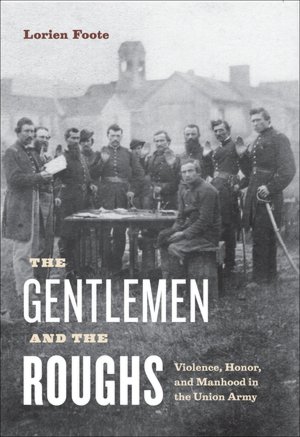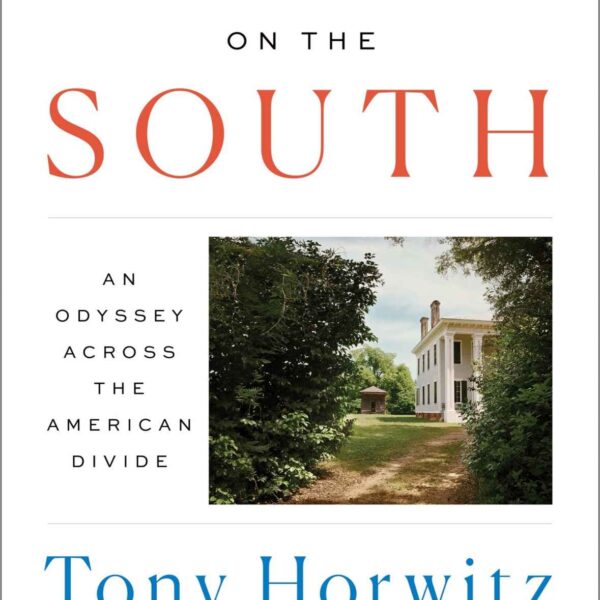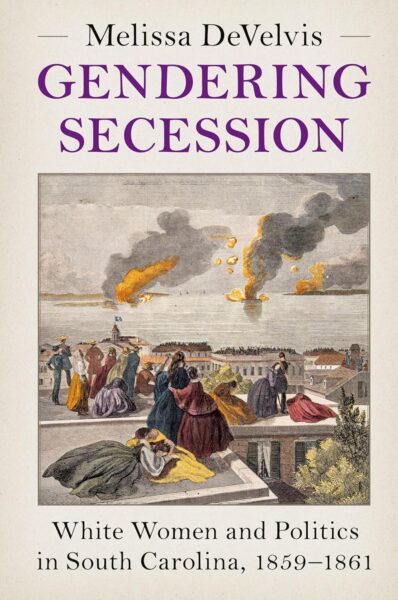In Race and Nation in the Age of Emancipations, editors Whitney Nell Stewart and John Garrison Marks pose a new question for the study of the Atlantic world. As Stewart and Marks explain in the volume’s introductory remarks, the nineteenth century Atlantic was a world awash with communities and cultures re-imagining themselves as part of new national projects and burgeoning political identities. Plaguing this prolonged era of social and political change, however, was the question of defining citizenship within societies built on ideas of racial difference. Each of the featured essays in Race and Nation in the Age of Emancipations probe this central question and, in doing so, reveal the myriad ways that African descended peoples re-shaped notions of national belonging. Such an approach, the editors make clear, sheds light on not only the various meanings of citizenship, but the “shifting relationship between race and nation over the long the nineteenth century” (3).
Key to understanding how the volume conceives of ideas like national belonging is Benedict Anderson’s characterization of a nation as an “imagined community” (1). For Stewart, Marks, and the volume’s contributors, the idea of a nation as socially constructed space allows for a fundamental rethinking of what nineteenth century citizenship might have looked like. It opens the door to a political environment in which nationality hinged less on traditional markers of citizenship—i.e. legal rights or birthright status—than how one conceived of his or herself in relation to a given community. Thus, instead of engaging with a fixed, rigidly defined definition of citizenship, the contributors treat citizenship as something inherently negotiable and capable of being contested. This underlying frame of mind is what ties the essays together and sets the volume in motion.
The product of symposium held at Rice University in 2012, Race and Nation in the Age of Emancipations consists of four parts. The first, entitled “Mobility and Migration,” highlights how movement became a means of re-inventing one’s political identity. Matthew Spooner engages this point by showing how enslaved people used their feet to pry open a political space between slavery and freedom during the American Revolution. The capacity to pry open such a space, he argues, led Southern state governments to institute new restrictions on plantation mobility that laid a foundation for the Antebellum slave regime. Essays by Andrew N. Wegmann and Ikuko Asaka move the section in a different direction by taking up the issue of transatlantic migration. Wegmann re-assesses the thorny history of the Liberian colonization movement, while Asaka explains how fugitive slaves living in Canada claimed an imagined kinship with the political exiles of the European Revolutions of 1848.
The second thematic section reveals the extent to which both constitutional law and the language of legal rights substantiated claims to nationality. Philip Kaisary’s opening essay argues that despite its many flaws and contradictions, the Haitain Empire’s 1805 constitution must be read as a radical repudiation of the Atlantic slave system. Its efforts to legitimate a “decolonized state of being,” he concludes, made Haiti a symbol of black independence and anti-colonial statehood throughout the Atlantic (84). Martha Jones, in contrast, deals less with hard constitutionalism than what she calls the “emergence of an African American legal consciousness” (90). Her contribution argues that African American seafarers gleaned invaluable insights into both the language of legal rights and the practical application of the law through their experience debarking in ports along the Atlantic littoral.
A third section, “Labor and Freedom,” includes essays from Gad Heuman and Caree A. Banton. Heuman’s piece explores how labor strikes and other forms of work stoppages became a means by which Afro-Jamaicans resisted their apprenticeships and pursued what they perceived as their full freedom—a freedom replete with all the standard rights of citizenship. Banton’s essay revisits the Liberian colonization movement, only instead of centering her work African American migrants, she focuses on two groups often left out of the history of the colony: Afro-Barbadians and the recaptured Africans seized from illicit slave ships. Her essay shows how particular labor forms converged with the pervasive rhetoric of “civilization” to paint the Afro-Barbadians as potential citizens while simultaneously excluding the recaptured Africans from the Liberian body politic.
The fourth and final section lays bare some of the ways that African descended peoples used the public sphere to claim national belonging. Paul J. Polgar’s opening essay explains that early African American abolitionists styled themselves as “republicans of color” and rooted their citizenship claims in a politics of republican respectability (114). James E. Sanders’s contribution, a piece focusing on Mexico and Columbia specifically, explores the ways in which rhetoric fusing racial equality and political modernity provided marginalized peoples leverage in demanding a race-less definition of citizenship. Last but not least, Celso Thomas Castilho concludes the volume with an essay documenting how abolition ceremonies and other forms of street theater transformed who could be a Brazilian citizen. As he shows, street corners in Recife became ritual sites whereby abolitionists and African descended peoples demanded not just an end to slavery, but a new Brazil dedicated to racial equality and liberal democracy.
With selections ranging from revolutionary-era South Carolina to mid-century Liberia to 1880s Brazil, the assembled essays provide a rich pastiche of the nineteenth century Atlantic. This is both a strength and a weakness. While the volume captures the shifting dynamics of race and nation on a scale that is both immensely local yet still broad and hemispheric, the selections often seemed disjointed, which, at times, leaves the reader grasping for a sense of historical coherence. That being said, this minor quibble (something no doubt dictated by the circumstances under which the volume came to be) does not detract from the strength of its component parts—or the important questions it raises. Indeed, Race and Nation in the Age of Emancipations is a must read for anyone interested in the nineteenth century Atlantic world.
Bennett Parten is a graduate student in the Department of History at Yale University.





